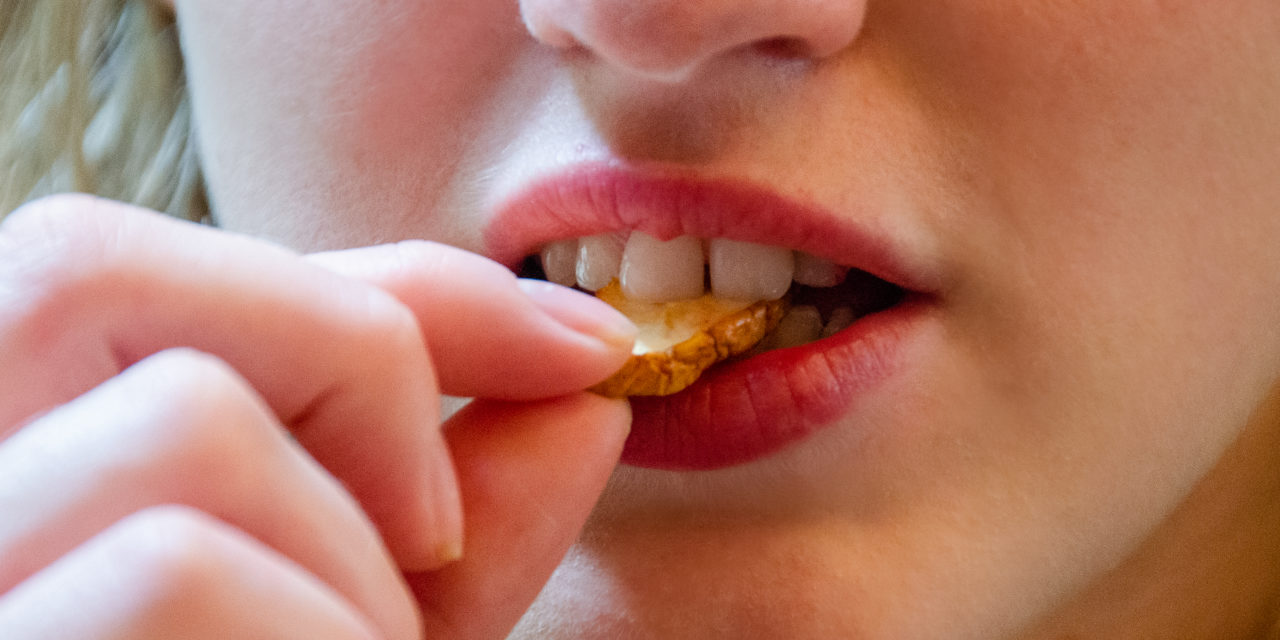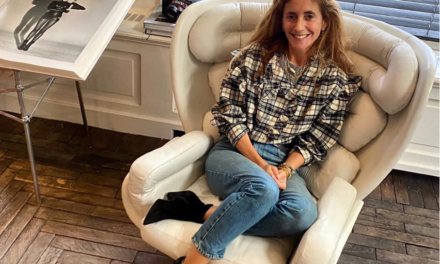Lip smacking, knuckle cracking, foot tapping. To every other person these actions may seem slightly annoying but to someone with Misophonia, a neurological disorder that causes distress or anger when confronted with certain trigger sounds, these sounds seriously impact their everyday life.
Professor of psychiatry, Damiaan Denys, of the Amsterdam University Medical Center was recently awarded an Ig Nobel prize for his research on Misophonia. An Ig Nobel prize is a satiric spin on the Nobel prize and is given to scientific research that “At first makes people laugh, and then makes them think.” But Misophonia is hardly a condition to laugh about.
Angel Oliver has been living with this disorder her entire life: “I was in my early twenties and I remember sitting at the dinner table with my mother. The sound of her chewing grew so overwhelming. When she would lick and smack her lips, I would get feelings of pure hatred towards her. It has caused me to lose many relationships over the years. I couldn’t be around people that triggered me, I would seclude myself in my room when they were eating crunchy foods like chips or crackers. I couldn’t even stand the sound of them cutting their food and could still hear the clinking of cutlery through my bedroom walls. I am now 66 years old and only recently found that I have been dealing with Misophonia for all these years. To be honest it’s been such huge relief to find out that I wasn’t just a hateful bitch, but it was a real problem.”
Some of Angel’s biggest triggers include the chewing of food, teeth gnashing and lip smacking.

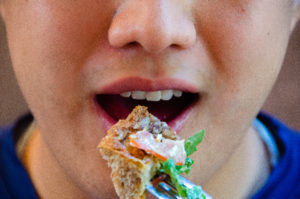
Studies show that around 80% of Misophonia triggers are eating sounds like chewing but also slurping through straws and cutting food.


Other common triggers include breathing and nose sounds like snoring and yawning.
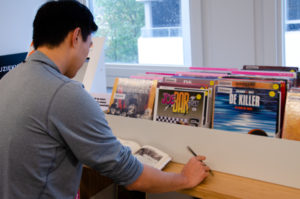
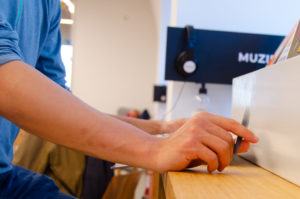
Finger sounds like tapping a pen on the table or clicking a mouse. And feet sounds like tapping your foot on the floor repeatedly.
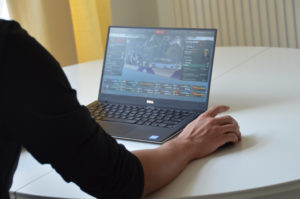
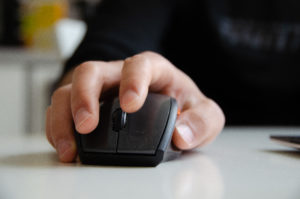
Sometimes triggers can also come from objects instead of humans. The low hum of music through headphones, the neighbors tv through the wall or the ticking of a walking sign.
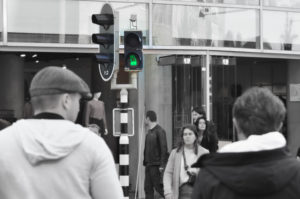
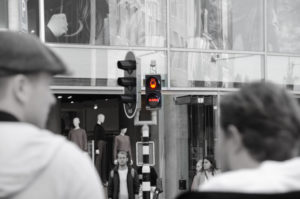
There is still a lot to discover when it comes to Misophonia. Currently, the condition does not have any standard diagnostic criteria and has yet to be listed in the Diagnostic and Statistical Manual of Mental Disorders. As a result, Professor Denys has set a diagnostic criterion that could help identify the disorder in patients. He suggests that Misophonia should be considered as an obsessive-compulsive spectrum disorder (OCSD), because they share common symptoms of obsessive, compulsive and impulsive reactions. As of now there is no evidence-based treatment or medicine, however studies show that cognitive behavioral therapy does seem to be effective on 50% of the patients. Denys hopes that receiving the Ig Nobel prize will help shed light on this rare and aggravating condition.
